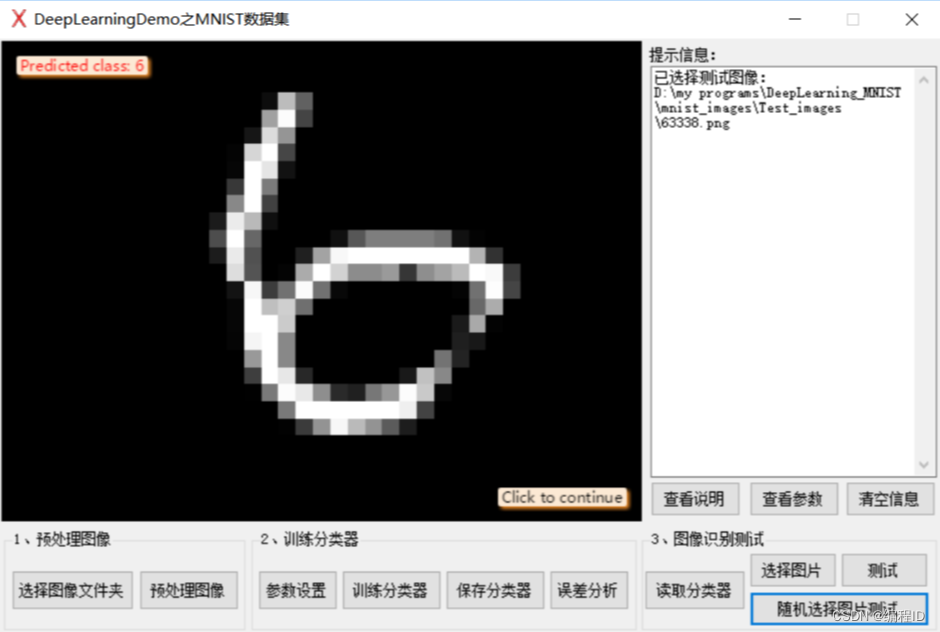Flink的ValueState接口
根据Flink官方介绍,org.apache.flink.api.common.state.ValueState是一个封装类,类似于java标准库中的AtomicReference和AtomicLong。以下是ValueState的源码,不难看出,它是一个接口,并且继承了一个名为State的接口。/** Licensed to the Apache Software Foundation (ASF
·
根据Flink官方介绍,org.apache.flink.api.common.state.ValueState是一个封装类,类似于java标准库中的AtomicReference和AtomicLong。以下是ValueState的源码,不难看出,它是一个接口,并且继承了一个名为State的接口。
/*
* Licensed to the Apache Software Foundation (ASF) under one
* or more contributor license agreements. See the NOTICE file
* distributed with this work for additional information
* regarding copyright ownership. The ASF licenses this file
* to you under the Apache License, Version 2.0 (the
* "License"); you may not use this file except in compliance
* with the License. You may obtain a copy of the License at
*
* http://www.apache.org/licenses/LICENSE-2.0
*
* Unless required by applicable law or agreed to in writing, software
* distributed under the License is distributed on an "AS IS" BASIS,
* WITHOUT WARRANTIES OR CONDITIONS OF ANY KIND, either express or implied.
* See the License for the specific language governing permissions and
* limitations under the License.
*/
package org.apache.flink.api.common.state;
import org.apache.flink.annotation.PublicEvolving;
import java.io.IOException;
/**
* {@link State} interface for partitioned single-value state. The value can be retrieved or
* updated.
*
* <p>The state is accessed and modified by user functions, and checkpointed consistently
* by the system as part of the distributed snapshots.
*
* <p>The state is only accessible by functions applied on a {@code KeyedStream}. The key is
* automatically supplied by the system, so the function always sees the value mapped to the
* key of the current element. That way, the system can handle stream and state partitioning
* consistently together.
*
* @param <T> Type of the value in the state.
*/
@PublicEvolving
public interface ValueState<T> extends State {
/**
* Returns the current value for the state. When the state is not
* partitioned the returned value is the same for all inputs in a given
* operator instance. If state partitioning is applied, the value returned
* depends on the current operator input, as the operator maintains an
* independent state for each partition.
*
* <p>If you didn't specify a default value when creating the {@link ValueStateDescriptor}
* this will return {@code null} when to value was previously set using {@link #update(Object)}.
*
* @return The state value corresponding to the current input.
*
* @throws IOException Thrown if the system cannot access the state.
*/
T value() throws IOException;
/**
* Updates the operator state accessible by {@link #value()} to the given
* value. The next time {@link #value()} is called (for the same state
* partition) the returned state will represent the updated value. When a
* partitioned state is updated with null, the state for the current key
* will be removed and the default value is returned on the next access.
*
* @param value The new value for the state.
*
* @throws IOException Thrown if the system cannot access the state.
*/
void update(T value) throws IOException;
}
此外,它一共提供了三个方法以便与之进行交互(clear直接继承而来):
- void update(T value) 设置状态
- T value() 获取当前值
- void clear() 删除内容
如果某个特定键的状态为空(比如应用初始化阶段或者调用了clear方法之后),此时调用value方法将返回null。对此返回对象所做的修改将不能保证被系统识别。因此,需要通过update方法来表现。容错是由Flink在底层自动管理的,因此我们可以像与任何标准变量一样与之交互。
更多推荐
 已为社区贡献1条内容
已为社区贡献1条内容









所有评论(0)